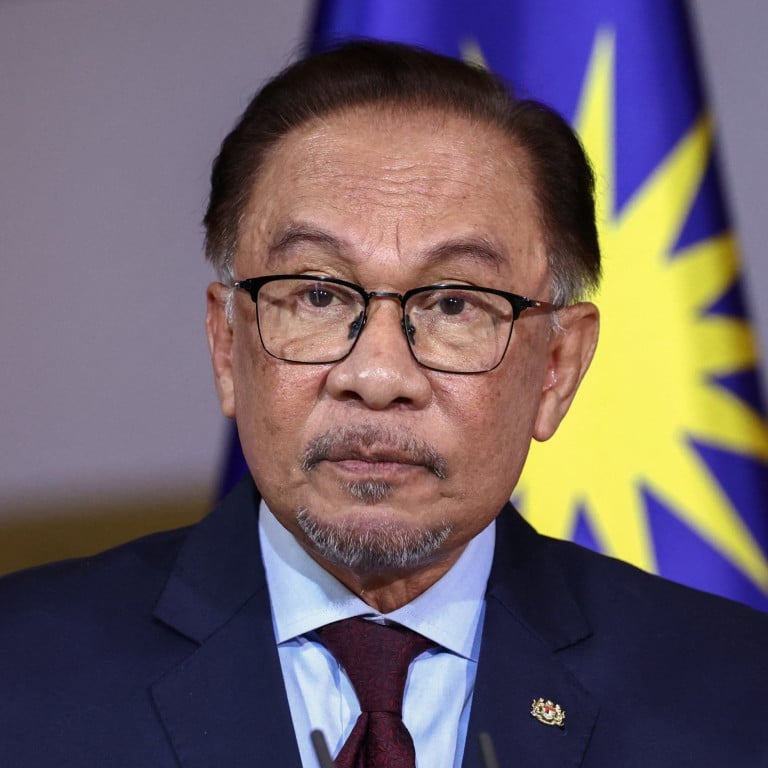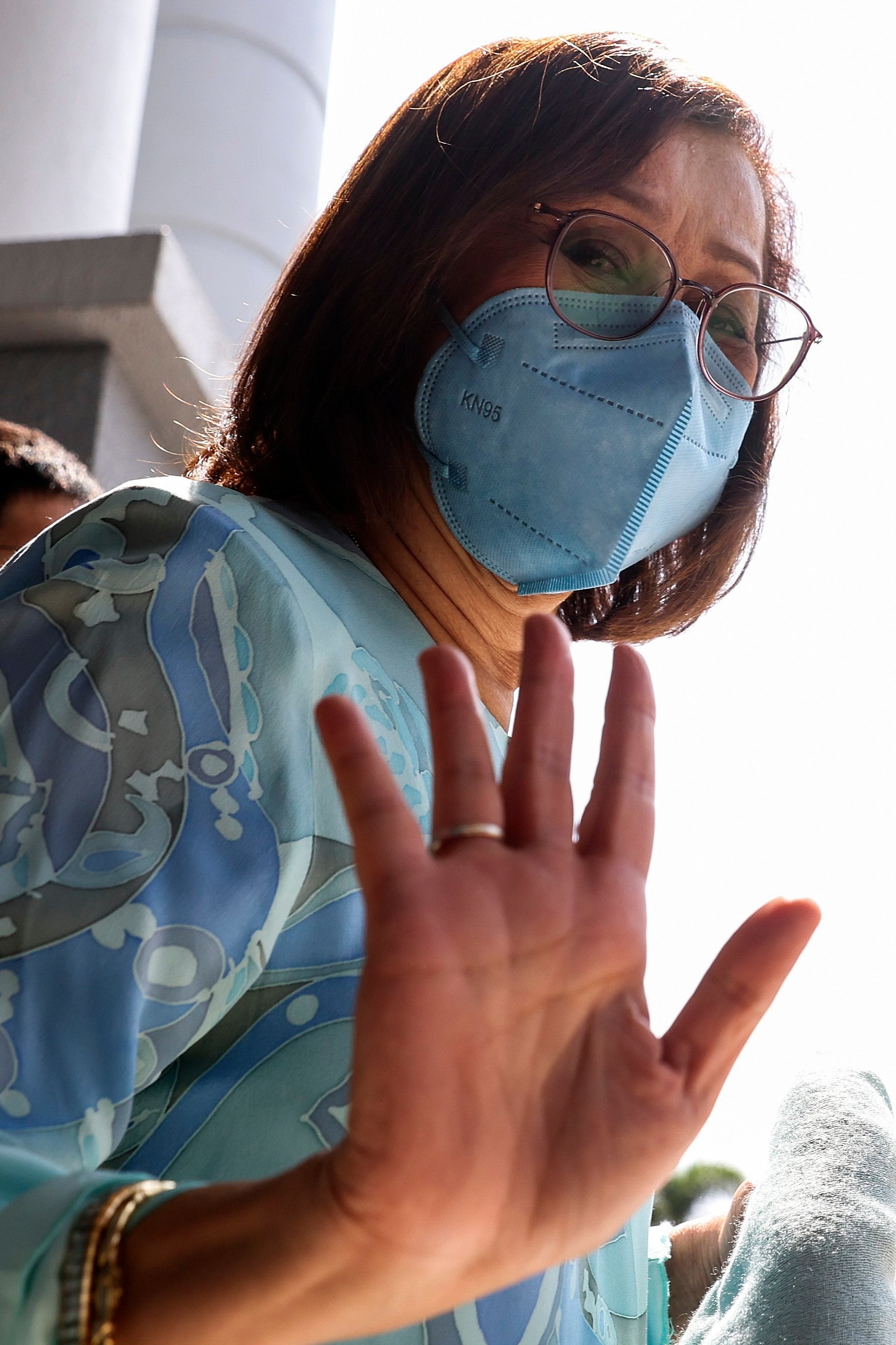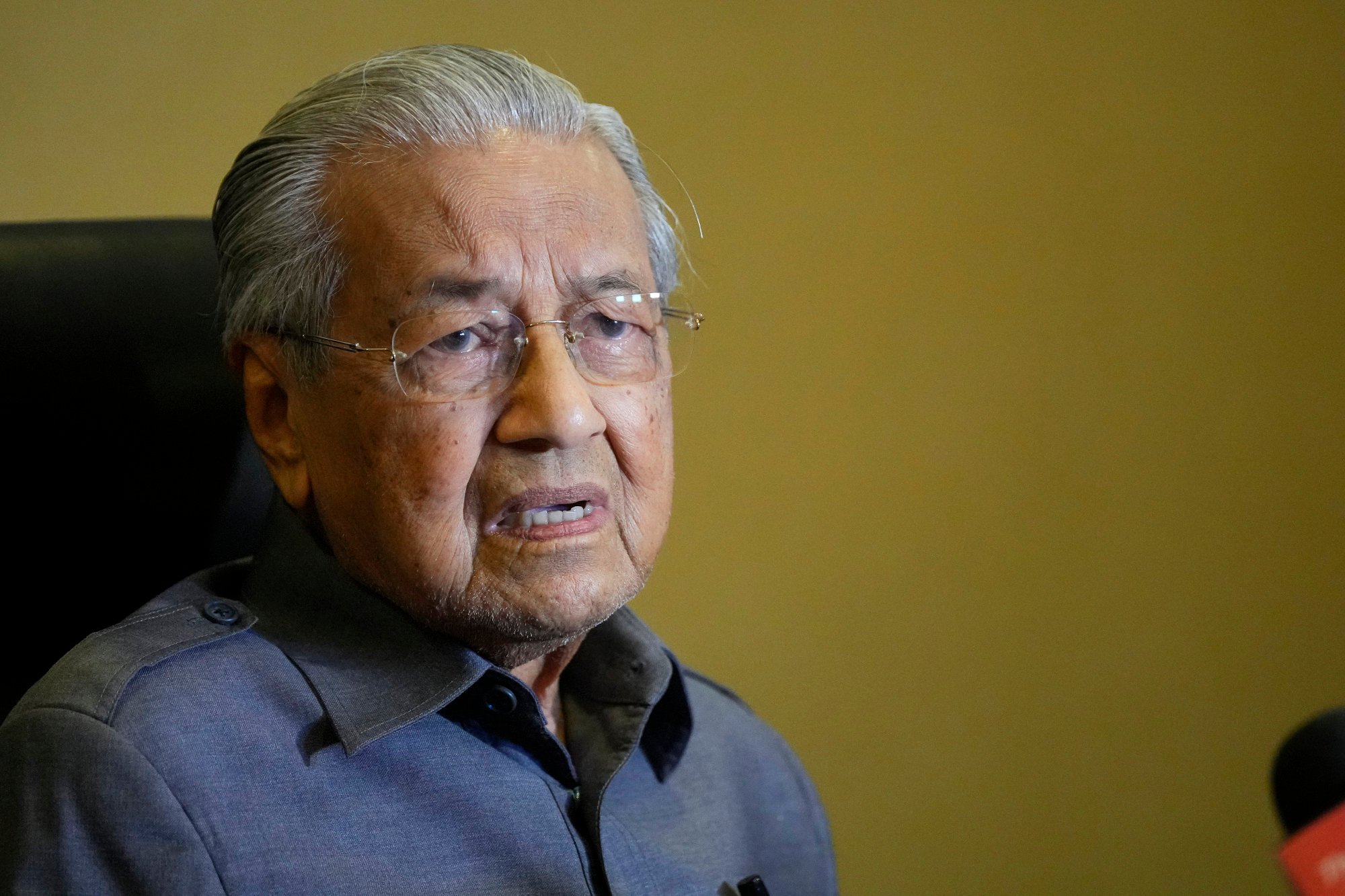
Malaysia’s revolving door of corruption, persecution hurts support for Anwar’s crackdown
- A Malaysian public that’s accustomed to politics shaping prosecutions largely sees PM Anwar Ibrahim following in the footsteps of his predecessors
- Until he can make clear exactly what sort of reforms his government is pursuing, observers say Malaysians’ lack of trust in the system will persist
The country’s corruption problem was once again thrust under the spotlight on April 1 when the king, Sultan Ibrahim Iskandar, described corruption as the greatest scourge of a nation that ranks 57th out of 180 countries on Transparency International’s 2023 Corruption Perceptions Index.
‘Go catch the bees’: Malaysia’s king gifts honey to anti-corruption chief
The Malaysian Anti-Corruption Commission (MACC) certainly has been busy in recent months, even investigating tycoons whose businesses and profiles soared during Mahathir’s first 22-year stint as prime minister.

Many among the Malaysian public – accustomed to politics shaping prosecutions – are inclined to agree, seeing Anwar as following a pattern set by his predecessors, while his allies walk free.
As Malaysia’s Ahmad Zahid walks free, will 1MDB-plagued Najib Razak be next?
“If they could not even follow through with the 47 charges [against Ahmad Zahid] then to the people this [corruption crackdown] will all fail,” said Jiah, a 45-year-old food vendor in Kuantan, Pahang state, who only gave one name.
“PMX has been a disappointment,” he said of Anwar, Malaysia’s tenth prime minister.

“Depending on who you ask, there is some perception that the cases so far have involved actors allegedly linked to the former prime minister,” said Shazwan Mustafa Kamal, a director with government risk consultancy Vriens & Partners.
The split triggered a political movement driven by Anwar and his supporters that claimed to reform the decades of rent-seeking and crony capitalism they said thrived under Mahathir.

Observers say Anwar’s challenge now is convincing the Malaysian public that he is indeed the broom that sweeps clean, as he promised during his election campaign.
“The PM definitely has to do more to address public perceptions and the reality of the systemic and institutional rot of corruption in the economy and state apparatus,” said Jason Loh Seong Wei, who heads the social, law and human rights arm of independent Malaysian think tank Emir Research.
A good first step towards addressing public distrust in the system would be giving the MACC and attorney general’s chambers a greater degree of independence, according to the Centre to Combat Corruption and Cronyism (C4 Centre).
Both the MACC’s chief commissioner and the attorney general are appointed by the king on the prime minister’s advice and are widely seen as highly politicised entities.
‘Impossible endeavour’: Mahathir’s sons seek patience to find assets in corruption probe
“Whether or not the MACC is pursuing a witch hunt is far less important than the fact that … it is possible under the present framework for the body’s powers to be misused for political gain,” C4 Centre chief Pushpan Murugiah told This Week in Asia.
“It is more important to discuss whether or not the government is introducing a legal and political environment that seeks to prevent corruption as opposed to addressing it after the fact.”
Until Anwar can make it clear what sort of reforms his administration is pursuing, he is likely to have to deal with the reality that people simply do not trust the system.
“Now going after those who made his life miserable in the past,” said Facebook user Terence Huang. “Next time will be his turn. Never ending.”

